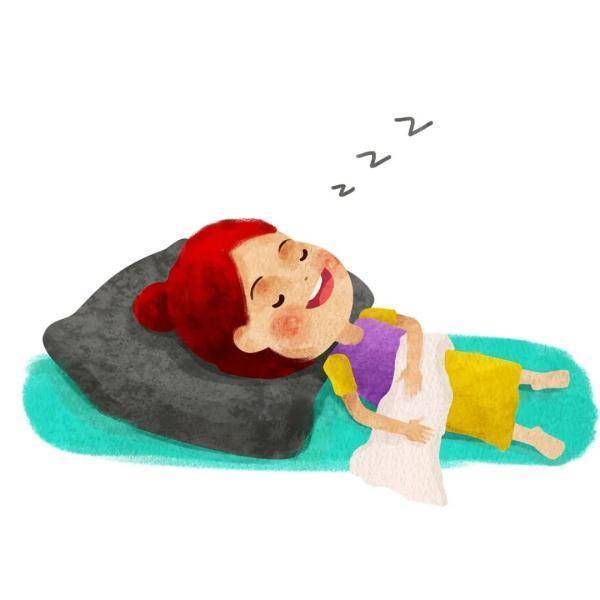This article is transferred from: Guangming.com
How to judge whether a person has insomnia? 1. Difficulty falling asleep, that is, unable to fall asleep within half an hour. 2. Difficulty maintaining sleep, waking up frequently after falling asleep, and difficult to return to sleep after half an hour of waking up. 3. Waking up early, sleep time is seriously shortened. 4. Not feeling tired after waking up, still yawning after waking up, unable to keep up. If any one of the above 4 items occurs more than 3 times a week for 3 consecutive months, it can be judged as insomnia.

Like a business needs to be managed, sleep also needs to be managed. Only by fully understanding sleep and managing it effectively can we enhance our immunity while getting a good night’s sleep.
Management of sleep time Sleep time varies from person to person, not the longer the better. Human sleep is divided into light sleep and deep sleep. As long as there is enough deep sleep, the brain and body will be fully rested and recuperated. No matter if you sleep for 5 hours or 8 hours, if there is no daytime sleepiness the next day and you stay refreshed, it means that the sleep time is appropriate and just right. Therefore, it is necessary to arrange sleep time reasonably according to your own situation, and do not deliberately entangle the length of sleep time.
Management of sleep habits Sleep is the body’s best restorative agent, and it is essential to develop regular sleep habits. For example, roughly determine the time to go to bed and wake up every day, and go to bed and wake up on time regardless of the sleep situation. Once the rules and habits are formed, the body clock in the body will be “accurate” to ensure normal sleep. From the perspective of traditional Chinese medicine, it is recommended to fall asleep between 21:00 and 23:00, which can nourish the internal organs and regulate the spirit. If you can’t fall asleep during this time, symptoms such as dizziness, shortness of breath, fatigue, and palpitations may be induced the next day.
Management of non-sleep time The amount of sleep we need every day is fixed, so when you wake up, you can’t stay in bed. If you feel sleepy and yawn during the day, do housework or go for a walk. If you are too sleepy, you can set an alarm for a quarter of an hour and take a nap. It is recommended that everyone be busy during the day, move up, and lay the foundation for a normal sleep at night.
Life management about sleep People with poor sleep quality should try not to drink tea, wine, coffee and other exciting drinks in the afternoon or before going to bed. At the same time, don’t overeat or take indigestible food for dinner, “if the stomach is not in harmony, you will be restless”, and it will be beneficial to sleep by reducing the burden on the stomach and intestines. Don’t do strenuous exercise before going to bed, don’t watch exciting TV shows, and read less novels with ups and downs, confusing plots, or reasoning. Avoid thinking about problems, keep your mind free of distractions as much as possible, let go of the burden of thinking, and try listening to soothing music before going to bed.
It is also essential to create a good sleeping environment, such as keeping the room clean, quiet, away from noise, not placing TVs, refrigerators, computers and other household appliances and electronic products in the bedroom; sleeping without wearing a watch, especially Get into the habit of not putting your phone next to your pillow; hang a thick curtain in front of your bedroom window to avoid light stimulation and ensure undisturbed sleep.